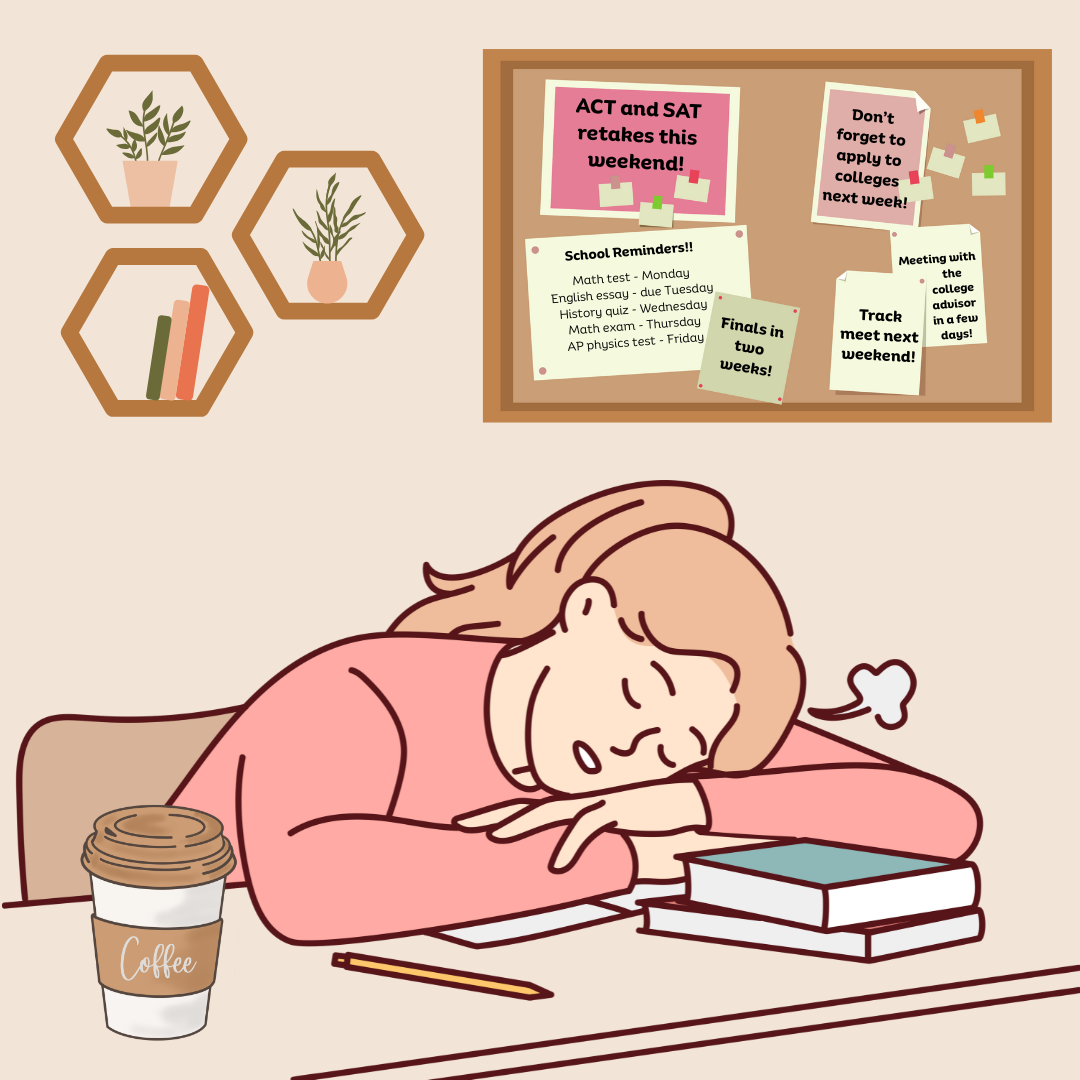Instagram – Is It Dangerous For Your Mental Health?
During a recent interview with 60 minutes, an employee at Facebook revealed that the company itself had done internal studies and determined that not only Facebook but also Instagram endangered their users’ mental health.
Oct 16, 2021
Social media has always been under fire for being bad for a person’s mental health, and Instagram is no different. Many users tend to shrug off these claims and assume the studies are baseless. However, during a recent interview with 60 minutes, Frances Haugen, an employee at Facebook, revealed that the company itself had done internal studies and determined that not only Facebook but also Instagram endangered their users’ mental health.
“Facebook’s own research says it’s not just that Instagram is dangerous for teenagers, that it harms teenagers, it’s that it’s distinctly worse than other forms of social media,” says Haugen, “One study says 13.5% of teen girls say Instagram makes thoughts of suicide worse, 17% of teen girls say Instagram makes eating disorders worse.”
Looking for further proof, we set out to find GEHS students that were active on Instagram and ask them about the effects it had on them and their mental health. One was Maria Adams, a sophomore.
“I usually use Instagram about 3 hours daily,” Adams noted, “I consume a lot of fandom-based content of musicians I enjoy and then just memes.”
When asked about how it affected her mental health, Adams had this to say:
“I would say it fluctuates. Definitely more when I was younger and figuring out who I am,” she continues, “When I was first discovering my identity it was hard to see, you know, all these influencers, with say all this beautiful makeup or this perfect body type or just showing off their life, which is good for them.”
Some of it stemmed from envy, but more of it came from wanting validation from others, as Adams later elaborated.
“It was just hard for me to process that and think that my life was enough,” she admits, “It was negative at first just seeing all these stereotypes and thinking that’s what I needed to accomplish, that’s the goal. I need to look like all of these people just to be validated by society.”
While an eating disorder never developed, major depression began to take root. These thoughts extended beyond just herself, however. As the depression became worse, others even began to notice and intervene.
“There was just definitely a deep state of depression of just feeling invalid because of looks and personality. That definitely made me shy away from social life for quite a few months, probably a year,” Adams says, “That was a lot to deal with and it was clear to those around me and those who cared about me.”‘
Adams was not isolated in this type of behavior, however. This trend continues among many other students, including sophomore Brinley Enz.
“I’m like ‘Oh, how come I can’t look like that?’ and then I just don’t feel great about myself,” Enz confesses. “It was not a great experience for me. So I kind of was never really in a good space. And social media wasn’t a really good outlet for it. It wasn’t really helping. It kinda amplified it a little bit.”
Despite these issues, however, both still continue to use Instagram, as do countless other teens around the world. When asked how to grapple with it, and for advice for other users, Adams had this to say:
“Not everything you see is all true or the entirety of their life. That’s just a fraction of what they live through every day,” Adams concludes, “Make sure you keep the reality check in mind.”






